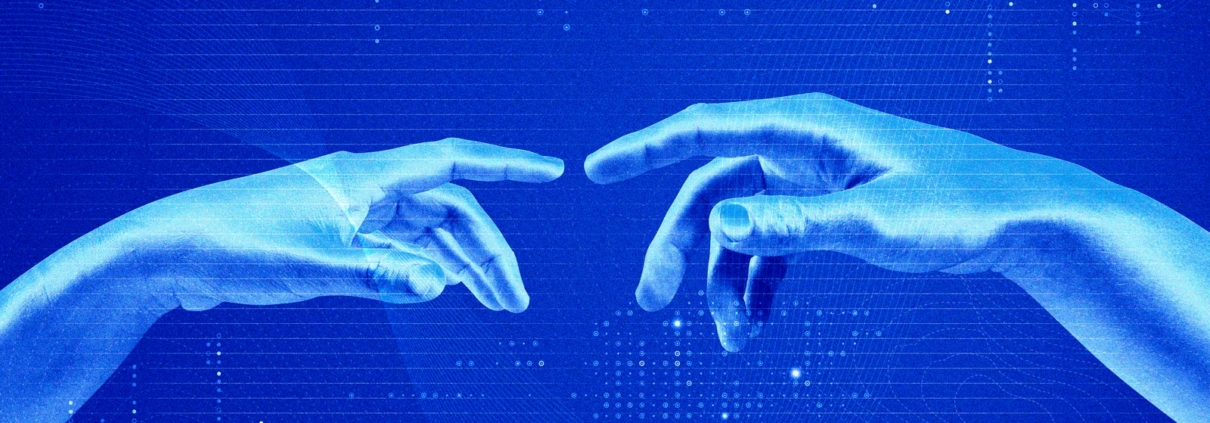The Potential and Challenges of Copyright Law in the Age of AI
/in Intellectual Property/by Nicolò ShargoolThe Role of Text and Data Mining in the Data Economy
As of 12 December 2021, the Copyright Act (L. 22 April 1941 No. 633) has incorporated two specific provisions, set out in Articles 3 and 4 of the Copyright Directive 2019/790/EU, relating to Text and Data Mining (TDM) – an automated method of analysing digital content. This practice has become central in multiple sectors of the data economy, from pharmaceutical research to the application of Artificial Intelligence (AI) and Big Data. Let us therefore examine below, the introduction of the new Articles 70-ter and 70-quater, l. 633/1941 (hereinafter also ‘Copyright Law’) into the Copyright Law,
Definition and importance of the TDM for the European Union
TDM, defined by Art. 70ter of the Act as “any automated technique aimed at analysing large amounts of text, sound, images, data or metadata in digital format with the purpose of generating information, including patterns, trends and correlations”, is crucial for the advancement of the data economy and, consequently, for the growth of the European Union’s digital single market.
TDM’s interference with copyright
However, automated data mining – a typical TDM activity – may interfere with copyright and related rights. Indeed, the TDM process usually involves the temporary reproduction of the sources used, which could include protected works or significant parts of the databases used. This could be a violation of the exclusive right of reproduction under Section 13 of the Copyright Act and could also contradict a database creator’s right to prohibit the extraction or reuse of the entire database or a substantial part of it.
Copyright reform in the European Union
Despite these challenges, the European Union has decided to reform the sector by introducing exceptions and limitations to copyright that are mandatory for every Member State. These were implemented in Art. 70ter and 70quater of the Copyright Act. These provisions, slavishly transposing the content of Art. 3 and 4 of the new Copyright Directive, allow the extraction of data from sources and databases to which one has legal access, without any need for authorisation by the holders of copyright or sui generis rights to the databases.
Differences between Art. 70ter and 70quater
However, the two regulations just mentioned have different scopes of application. Whereas Art. 70ter applies exclusively to extraction for scientific purposes by research organisations and cultural heritage institutions, Art. 70quater allows the extraction of text and data in general, by anyone, even for profit.
Protection of digital database rights
This scenario complicates the protection of exclusive rights to digital databases, with a greater impact on the sui generis right of the database creator than on copyright. However, there are measures that can be taken to protect databases, including limiting access and using the opt-out option provided by Section 70quater of the Copyright Act. This option allows right holders to reserve the use of reproduced works and materials in the context of text and data mining, unless expressly stated.
Use of the opt-out option
Despite the uncertainty of how to properly exercise the opt-out, there are several tools that can be used. For example, software can technically recognise an opt-out expressed in the terms of use of a site, which could be considered an appropriate way to express the reservation mentioned in Article 70quater. Moreover, the use of IT tools such as a robots.txt file could provide more effective protection for right holders.
The balance between innovation and copyright protection
In conclusion, while text and data mining represents a huge opportunity for the advancement of research and the development of the data economy, it is important that copyright and related rights are adequately protected. This requires a careful balance between the need to protect intellectual property and the importance of maintaining the competitiveness of the European market. The recently introduced provisions in the Copyright Act are an important step in this direction, but it is crucial that the remaining issues are resolved to ensure the effective protection of copyright in the age of text and data mining.

I graduated in Law at the University of ‘Roma Tre’, discussing a thesis on Information Technology and New Technologies Law. Immediately after graduation, I started working in an administrative law firm, Go to profile



